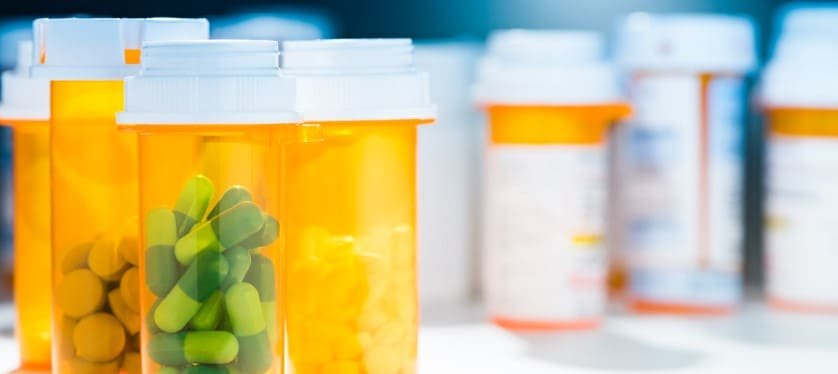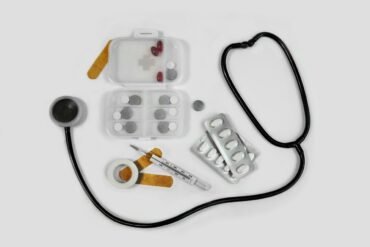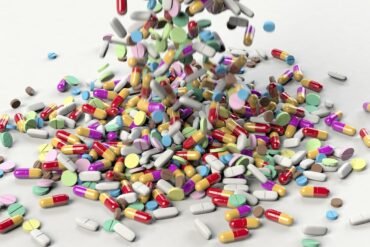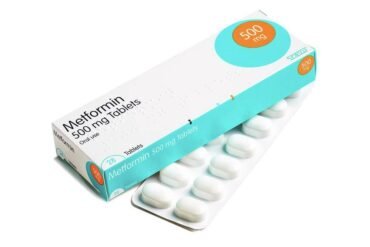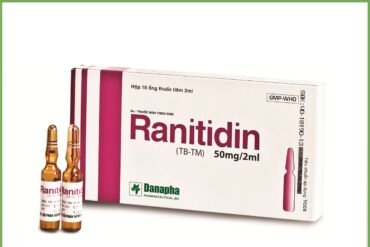The Impact of Statins on Heart Health
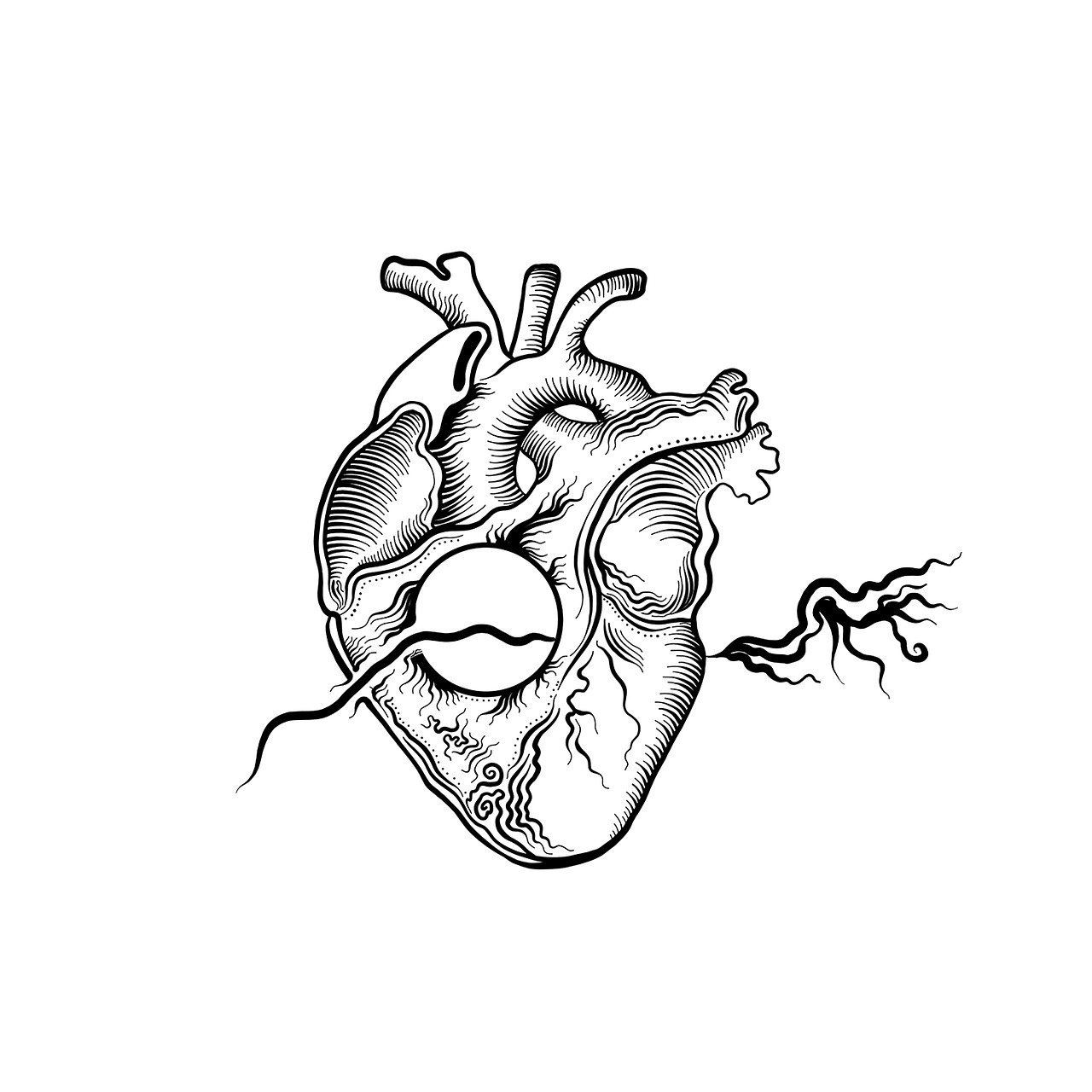
Table of Contents
- Overview of Statins and Heart Health
- Benefits of Statins for Heart Health
- Potential Side Effects of Statin Usage
- Effectiveness of Statins in Preventing Heart Disease
- Important Considerations for Statin Use
Overview of Statins and Heart Health
Statins are a class of prescription medications widely used to treat high cholesterol levels in order to manage and prevent cardiovascular diseases. They work by reducing the production of cholesterol in the liver, thus lowering its levels in the blood. Statins have proven to be highly effective in decreasing the risk of heart attacks, strokes, and other vascular conditions.
Here is an overview of how statins impact heart health:
- Lowering LDL Cholesterol: Statins primarily target low-density lipoprotein (LDL) cholesterol, often referred to as “bad” cholesterol. By inhibiting a key enzyme involved in cholesterol synthesis, these drugs decrease LDL cholesterol levels, thus preventing the formation of plaque in the arteries.
- Increasing HDL Cholesterol: While statins primarily focus on reducing LDL cholesterol, they can also modestly increase high-density lipoprotein (HDL) cholesterol levels. HDL cholesterol is commonly known as “good” cholesterol as it helps remove excess cholesterol from the bloodstream.
- Stabilizing Plaque: Besides lowering cholesterol, statins also possess anti-inflammatory properties. This helps to stabilize existing plaque within the arteries, reducing the likelihood of rupture or blood clot formation that may lead to heart attacks or strokes.
- Reducing Triglycerides: Statins can have a beneficial impact on triglyceride levels, although they are not as effective in this regard as other medications specifically designed for triglyceride management. However, for those with elevated levels of both LDL cholesterol and triglycerides, statins can provide a combined benefit.
- Improving Overall Cardiovascular Health: By effectively reducing LDL cholesterol and stabilizing plaque, statins contribute to overall cardiovascular health improvement. They are commonly prescribed for individuals with a history of cardiovascular disease, those at high risk of developing heart disease, or individuals with certain genetic predispositions.
It is important to note that while statins are generally safe and well-tolerated, they may have certain side effects, such as muscle pain, liver abnormalities, and, rarely, a higher risk of diabetes. It is recommended to discuss any concerns or potential interactions with a healthcare professional before starting statin therapy.
Benefits of Statins for Heart Health
Statins, a class of medications commonly used to lower cholesterol levels, have demonstrated significant benefits for heart health. These drugs work by inhibiting the enzyme responsible for cholesterol production in the liver, ultimately reducing the levels of LDL cholesterol in the bloodstream. Here are some of the key advantages of statins when it comes to promoting heart health:
- Reduced risk of cardiovascular events: Statins have been extensively studied and are well-known for their ability to lower the risk of heart attacks, strokes, and other cardiovascular events. By lowering LDL cholesterol, statins contribute to the prevention of plaque buildup in the arteries, reducing the likelihood of arterial blockages and the subsequent complications they may cause.
- Stabilization of plaque: Regular use of statins has been shown to stabilize existing arterial plaque. Stable plaques are less likely to rupture and cause blood clot formation, which can lead to a heart attack or stroke. By keeping plaque buildup in check, statins play a crucial role in maintaining heart health.
- Inflammation reduction: In addition to their cholesterol-lowering effects, statins also exhibit anti-inflammatory properties. Chronic inflammation is known to contribute to the development and progression of cardiovascular disease. By reducing inflammation within the arterial walls, statins further decrease the risk of cardiovascular complications.
- Improved endothelial function: Statins have been shown to improve endothelial function, which refers to the ability of blood vessels to relax and constrict appropriately. By enhancing endothelial function, statins help to improve blood flow and regulate blood pressure, reducing strain on the heart.
- Widely studied and established safety profile: Statins have been extensively studied in numerous clinical trials, proving their efficacy and safety. While like any medication, statins may have side effects, most patients tolerate them well. Overall, the benefits of statins in terms of cardiovascular risk reduction far outweigh the potential risks.
It is important to note that statins should always be prescribed and monitored by a healthcare professional. Their usage should be tailored to individual patients based on their overall health, cholesterol levels, and risk factors. While statins offer significant benefits for heart health, they are just one component of a comprehensive approach to cardiovascular disease prevention, which also includes regular exercise, a heart-healthy diet, not smoking, and managing other risk factors such as hypertension and diabetes.
Potential Side Effects of Statin Usage
When considering the impact of statins on heart health, it is important to be aware of the potential side effects associated with their usage. Statins are commonly prescribed cholesterol-lowering medications that help reduce the risk of heart attacks and strokes. However, just like any medication, statins may have some adverse effects on certain individuals. Although most people tolerate statins well, here are some potential side effects to be aware of:
- Muscle pain and weakness: Some individuals may experience muscle-related symptoms, such as pain, weakness, or tenderness. This can occur in any muscle group, including those in the legs, arms, or back. Inform your healthcare provider immediately if you notice any unexplained muscle symptoms.
- Liver damage: In rare cases, statin usage can lead to liver damage. Symptoms may include fatigue, abdominal pain, dark-colored urine, or yellowing of the skin and eyes. Regular liver function tests are often recommended for individuals on statin therapy to monitor any potential liver-related issues.
- Gastrointestinal problems: Some people may experience digestive issues such as constipation, diarrhea, nausea, or stomach pain when taking statins. These symptoms are usually mild and temporary, but if they persist or worsen, consult your healthcare provider.
- Increased blood sugar levels: In certain individuals, statins can elevate blood sugar levels. This is more common in people who already have diabetes or are at a higher risk of developing diabetes. Regular blood sugar monitoring is advised for individuals with these conditions.
- Memory problems: There have been rare reports of memory loss or confusion associated with statin usage. However, research on this potential side effect is still inconclusive. If you experience any cognitive changes while taking statins, discuss them with your doctor.
It is important to note that most people who take statins experience none or only mild side effects. The benefits of statin therapy often outweigh the risks in those at high risk for heart disease. However, it is crucial to maintain regular communication with your healthcare provider and report any unusual symptoms or concerns. Your doctor can help determine the best course of action based on your individual health profile.
Effectiveness of Statins in Preventing Heart Disease
Statins have been widely prescribed for the prevention and treatment of heart disease. These cholesterol-lowering medications have proven to be highly effective in reducing the risk of cardiovascular events and improving heart health. Here we highlight the impact of statins on preventing heart disease:
- Reducing LDL Cholesterol: Statins work by inhibiting an enzyme in the liver that is responsible for producing cholesterol. By lowering LDL (bad) cholesterol levels, statins help to prevent the build-up of plaque in the arteries, reducing the risk of heart disease and heart attacks.
- Lowering Triglyceride Levels: In addition to reducing LDL cholesterol, statins have been found to lower triglyceride levels. Elevated triglyceride levels are associated with an increased risk of heart disease. By effectively decreasing these levels, statins further contribute to the prevention of cardiovascular events.
- Increasing HDL Cholesterol: Statins not only lower LDL cholesterol but also help raise HDL (good) cholesterol. Higher levels of HDL cholesterol are protective against heart disease as it helps remove LDL cholesterol from the arteries, reducing the risk of plaque formation.
- Anti-Inflammatory Effects: Studies have shown that statins have anti-inflammatory properties, which contribute to their beneficial effects on the cardiovascular system. Inflammation plays a significant role in the development and progression of heart disease. By reducing inflammation, statins further improve heart health and decrease the risk of cardiovascular events.
- Overall Cardiovascular Protection: The effectiveness of statins in preventing heart disease has been demonstrated through numerous clinical trials. These trials have consistently shown that statin therapy is associated with a significant reduction in the risk of heart attacks, strokes, and other cardiovascular events.
While statins are generally well-tolerated, it is important to note that they may have potential side effects, such as muscle pain, liver damage, and an increased risk of developing type 2 diabetes. However, the benefits of statin therapy in preventing heart disease often outweigh the potential risks, especially in individuals at high risk or those with existing cardiovascular conditions.
In conclusion, statins have proven to be highly effective in preventing heart disease by reducing LDL cholesterol, lowering triglyceride levels, increasing HDL cholesterol, and exerting anti-inflammatory effects. They provide significant cardiovascular protection and are a cornerstone therapy for improving heart health. However, consultation with a healthcare professional is essential to determine the appropriate use of statins and monitor any potential side effects.
Important Considerations for Statin Use
Statins are a widely prescribed class of medications that have been proven effective in managing cholesterol levels and reducing the risk of heart disease. However, it is crucial to consider certain factors before starting statin therapy. Here are some important considerations:
- Consultation with a healthcare professional: It is essential to consult with a healthcare professional before starting statin therapy. They will assess your overall health, evaluate your cholesterol levels, and determine whether statins are the right choice for you.
- Potential side effects: Like any medication, statins may cause side effects in some individuals. These can include muscle pain, liver problems, digestive issues, and memory impairment. Discussing potential side effects with your doctor will help you make an informed decision.
- Drug interactions: Statins can interact with other medications, causing adverse effects or reducing effectiveness. Inform your healthcare professional about all the medications you are taking, including over-the-counter drugs, supplements, and herbal remedies.
- Lifestyle changes: Statins are not a substitute for a healthy lifestyle. They work best when combined with regular exercise, a balanced diet, and other heart-healthy habits. It is important to discuss and implement these lifestyle changes alongside statin therapy.
- Monitoring and follow-up: Regular monitoring of cholesterol levels and liver function is essential while on statin therapy. Your healthcare professional will recommend blood tests to ensure the medication’s effectiveness and detect any potential issues promptly.
Remember that statins are just one aspect of managing heart health. They can effectively lower cholesterol levels and reduce the risk of heart disease when used appropriately. However, individual considerations and ongoing communication with your healthcare professional are paramount to ensure the best outcome.

















